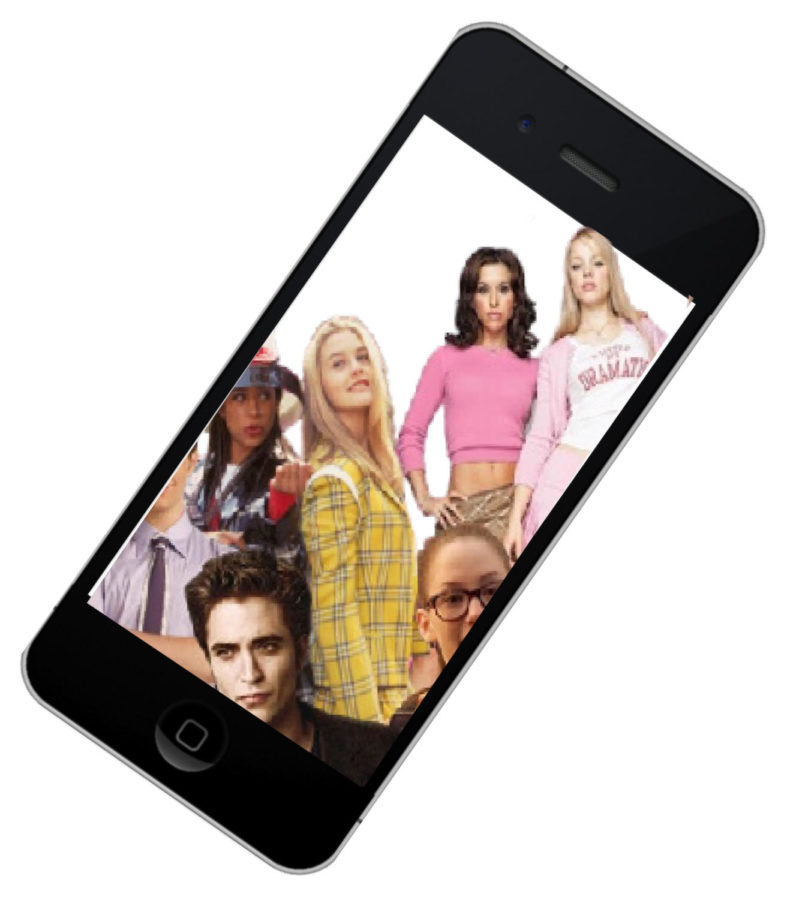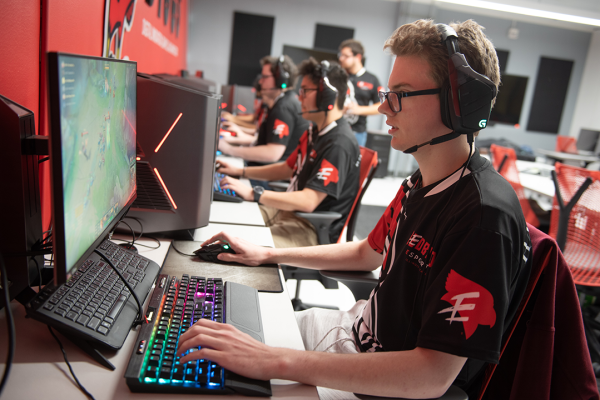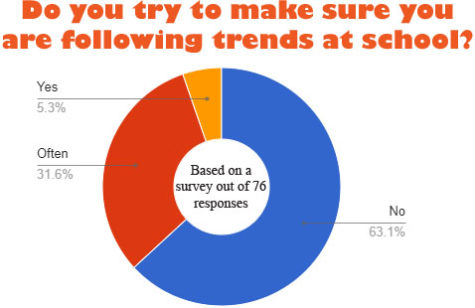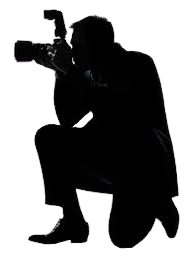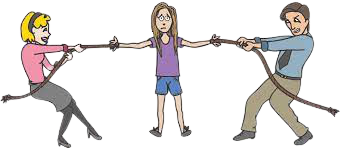Students label, judge others
December 26, 2022
Expectations for high school are seen everywhere, especially in movies that are supposed to be about high schoolers. Those movies give false hope on what people believe that high school is like. But people disagree on whether the stereotypes are true.
“I’m your typical south sider of Chicago,” Deniece Gomez, junior said. Gomez just moved from the south side of Chicago, so she automatically assumes that is her stereotype.
Stereotypes can increase prejudice in schools and create separate groups according to the University of Colorado. Two commonly stereotyped groups are jocks and nerds.
People look at me in school wearing a football jersey and people think ‘oh he’s dumb because he’s a jock,” Bobby Chase, senior, said. “Some are scared to go up to ‘jocks’ because of what they see in movies; others bully ‘nerds’ because they are smart and care about their work.
Some members of society make fun of people who try on their work and are focused on one goal. Stereotypes encourage people to assume others just on what they are labeled.
Logan Carmody, senior, who says he is a popular loner, feels stereotypes “don’t allow for people to act freely and be seen as someone who is free, as they will only be seen as whatever their stereotype may be.”
People focus on labels and will not get to know someone just based on a label that others put on them. However, there are some people that do not fit a stereotype.
“From people’s perspective they say I do, but I honestly don’t feel like I do,” Mia Chaves, junior, said.
Communities tend to group people together depending on traits and characteristics, but it is not always the kindest thing to do.
Joel Depluser, senior says “he doesn’t judge people and puts certain characteristics to individual stereotypes.”
“In some cases, stereotypes can help and hurt people,” Gomez said.
Stereotyping can help in finding people to hang out with and be a part of a group. It can hurt people not even getting to know a person just because of a stereotype and that person could have a lot in common with someone. They can be used to bully others or push them into a category.
“Whatever the case, the problem is that people mostly can’t be bothered to look deeper into their peers’ personality and often just assume their character based on things like looks, age, gender, race, or other groups,” Michael Matza, junior said.



